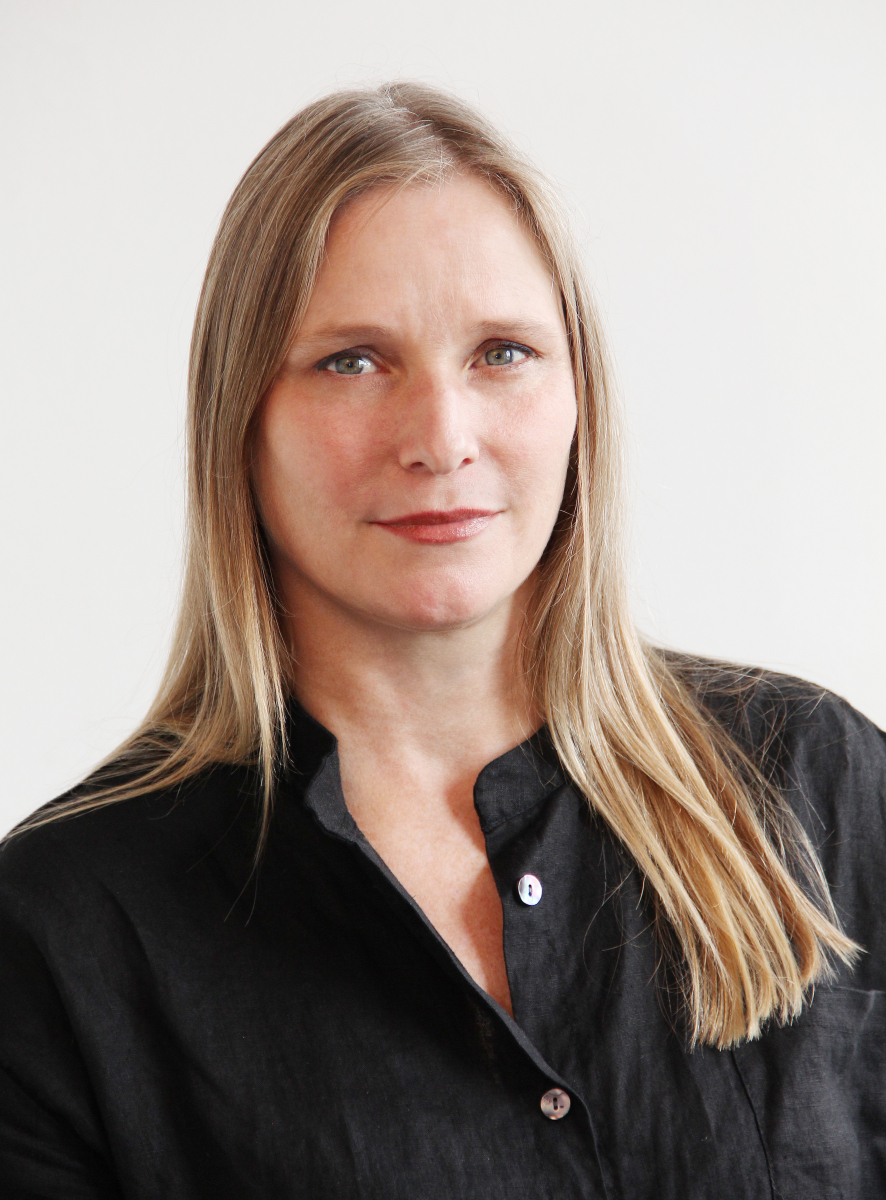 “My introduction to Cochrane was a talk in Cape Town in 1997 by Jimmy Volmink, founding Director of Cochrane SA. Ten years later, during my specialist training, I conducted my first Cochrane Review. I was welcomed to Cochrane, mentored and provided with high-quality training sealing a relationship with Cochrane and Cochrane SA, and the wonderful colleagues that generously shared the ethos of the collaboration.”
“My introduction to Cochrane was a talk in Cape Town in 1997 by Jimmy Volmink, founding Director of Cochrane SA. Ten years later, during my specialist training, I conducted my first Cochrane Review. I was welcomed to Cochrane, mentored and provided with high-quality training sealing a relationship with Cochrane and Cochrane SA, and the wonderful colleagues that generously shared the ethos of the collaboration.”
In 2007 Kredo was specialising in the Clinical Pharmacology Division at the University of Cape Town and needed a project for her Masters. She found a topic in HIV looking at measuring concentrations of levels of antiretrovirals in blood to be able to support people on treatment.
“It was very much in my field of therapeutic drug monitoring,” she said. “There was quite a lot of flexibility then to bring questions to Cochrane that were relevant for your practice and I was surrounded by colleagues at UCT who knew about and thought highly of Cochrane.”
“So I started doing an HIV review,” she continued, “and, as there was the HIV Satellite Group at Cochrane SA which Nandi Siegfried was leading, I joined the HIV mentoring programme at Cochrane SA. Nandi was very hands-on in mentoring me through all the niggly bits in the review. I can attribute my successful completion of the project to the mentorship I received.”
And a very successful completion it was, as Kredo completed her MMed with Distinction.
She was then invited to facilitate some of the training at Cochrane SA.
“There was always an ethos around working at Cochrane – that if there were people willing to volunteer and committed to the cause of EBHC they were usually drawn in to get more and more involved,” she said. “Like many others I was keen to contribute and learn from incredible people like Jimmy Volmink, Nandi and Taryn. I saw myself as learning in the process, coming on board and getting more involved in training but also mentoring and supporting others to do reviews. Then, of course, I got the job at the centre.”
When she joined Cochrane as a full-time staff member in 2010 she became responsible for running similar workshops under the programme until the HIV Satellite Group moved to the Cochrane Infectious Diseases Group. Since then, Kredo’s trajectory at Cochrane SA has involved multiple leadership roles including being Acting Director of the Centre, co-directing Cochrane Africa, and as co-lead of the SA GRADE Network.
In addition, she is a member of the National Essential Medicines List Ministerial Advisory Committee on COVID-19 therapeutics for the South African National Department of Health, she was a co-opted Trustee of the Guidelines International Network Governing Board, a member of the Cochrane Nutrition Advisory Board, and on the Advisory Board for Cochrane Sweden. In 2020 she was voted onto the Board of Cochrane and in 2021 appointed Associate Professor Extra-ordinary in the Department of Global Health at Stellenbosch University as well as Honorary Associate Professor at the School of Public Health and Family Medicine, UCT.
“My work in the EBHC field feels almost inevitable,” she continued, “like it’s exactly what I should be doing. Which is not to say it hasn’t been hard with lots of very tough uphills and learning along the way.”
“Cochrane has also changed and trying to make sense of how all these EBHC organisations maintain their relevance is not always straightforward,” she added. “But the basis provided by the HIV mentoring programme and the overall supportive mentorship at Cochrane SA is the foundation for the work I do now in policy, working with decision makers, with national and international guideline panels, and with the World Health Organization.”
“Those were formative times that have taken me to a place where I’m really enjoying my work. I enjoy all the projects I’m involved in – if I can forget the looming deadlines for a few hours, of course,” she laughed.
“Cochrane is at an exciting juncture,” she continued. “As with any growing organisation things can’t stay the same but the changes being proposed are led by people who are committed, as I was and still am, to maintain relevance and be more nimble and responsive to global health priorities. The Cochrane brand remains recognised, but the space is increasingly competitive. We are moving into a thrilling space where Cochrane will maintain its relevance, enhance its response to Cochrane authors and communities, but also to people who need to use the evidence at a policy or patient level. As an organisation it’s doing what it has to do which is change with the times.”
